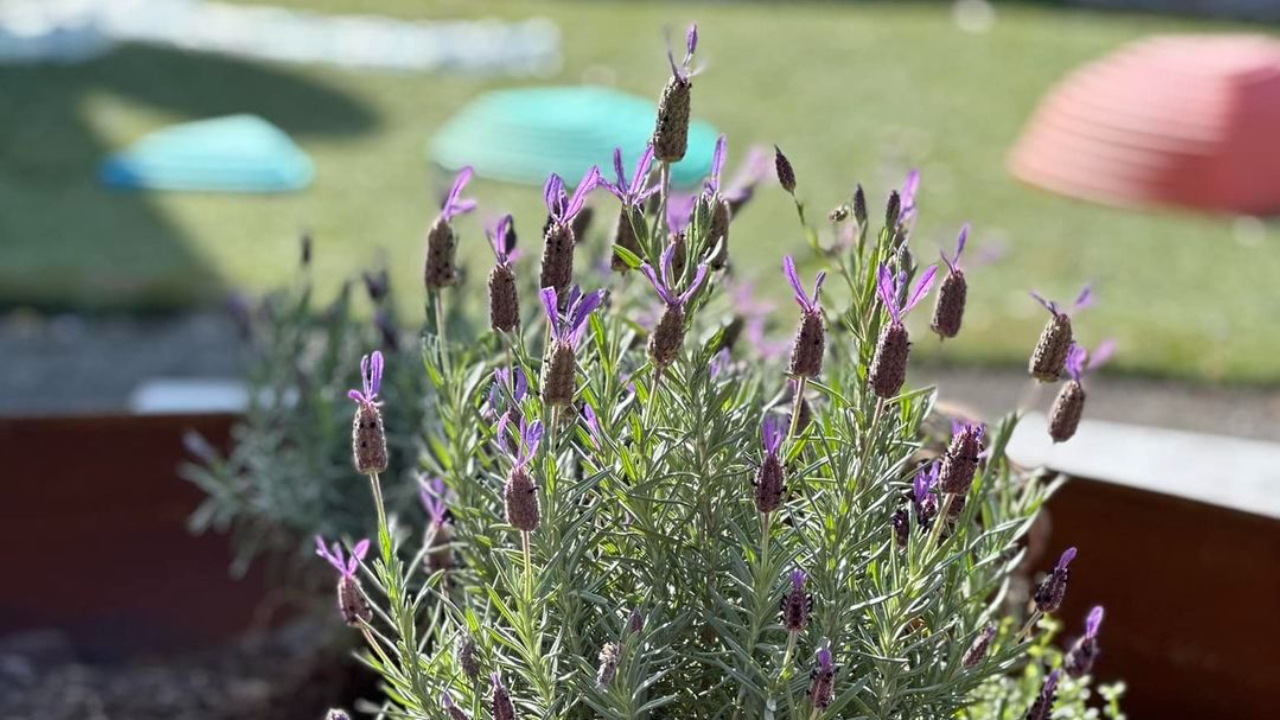It never gets easier

It never gets easier, nor am I ever better prepared for the moments my autistic children (and I) are exposed to another parent’s grief stricken story about their autistic child.
I was conditioned to believe that the first of my children to be identified autistic had 'disappeared' and there was another in her place. An autistic other.
I also moved on from that belief after realising so much in so little time once I started to recognise the patterns that trickled back through our ancestry like a slow, gentle stream, so quiet it couldn’t be heard..
Until my newborn daughter 12 years ago.
The undoing. The unknowing. The unfurling.
Just because she exists, I am a better human.
Grief isn’t wrong. It isn’t. There are things I’ve grieved since becoming a parent. Ironically, all the very things I used to craft an armoured mask I wore heavily for more than three decades of my life. The shrapnel; the rust can still be seen if one looks closely enough. But you have to know what you’re looking for.
It’s the IDEA we’ve been sold that’s wrong. The idea so insidiously subtle, yet so deeply ingrained like a raw, gaping, festering wound that everybody knows it’s there but won’t look.
When you’re autistic, you have to look.
You’re not allowed to not look.
It’s called ableism. The socio-political white supremacist idyllic societal value, serving only the privileged.
We are conditioned to place a higher value on the lives of those who are not disabled.
I couldn’t count on both hands and feet, over and over, the amount of times I sit down to watch something about an autistic person, hoping to hear or watch a story on positive autistic identity, only to be let down.
The stories are always sold as such, with laughter and smiles, thriving children.
“They were a beautiful child, and we were connected to them, but then out they went, like a light.”
Imagine sitting down to showcase stories of autistic people in order to instil a sense of self, a sense of normality and a reminder of autistic community for your autistic children, only to be repeatedly met with narratives that reinforce the concept of brokeness.
Everything we say, everything we do, every image we show and speak on in relation to autism, and ourselves and our children is out here forever.
The public meltdown videos, the stories and images of all the ways in which we feel we're failing and our grief laid out on the line is out here forever.
What will my children see? What will they hear?
I’m left to enter into dialogue around this with my children. To remind them that they are lovable, perfectly whole beings that do not have to redeem any non existent, hidden neuronormativity; or prove their worthiness or ability to “survive the real world”.
I can’t even believe we’re still talking about this.
Defending my right to exist; my childrens’ right to exist.
It’s a sad, heavy, draining, revolting reality to have to continuously explain to your children why the world thinks the way it does about autism.
About us.
Including the people we love, who claim to love us.
It’s wild out there.
Protecting our children from the storm of ableism is real, and challenging, and heartbreaking.
I wonder how different things would be if we were to share stories of joy, connection, relationship, love.
I’ll start in the comments by telling you some really beautiful things we celebrate about my autistic children, nameless and faceless, but beautifully real.
KF x
The image is a beautiful, sturdy lavender bush. It is planted in a small area I created with a boundary, and although it's roots are exposed, it continues to grow. Bees are attracted to it's beautiful flower all day long, each day.
When I can, I'll add more soil.
But I think we all can learn from the lavender plant.